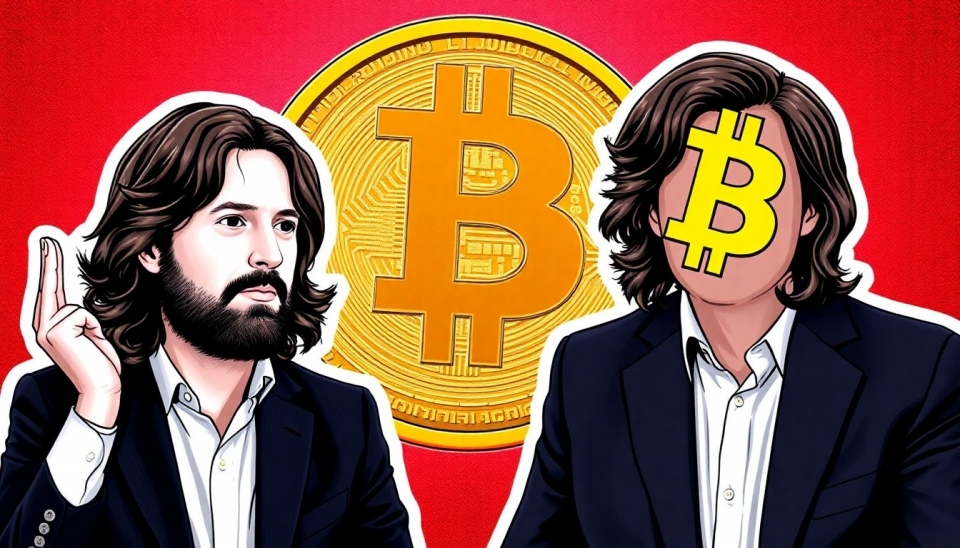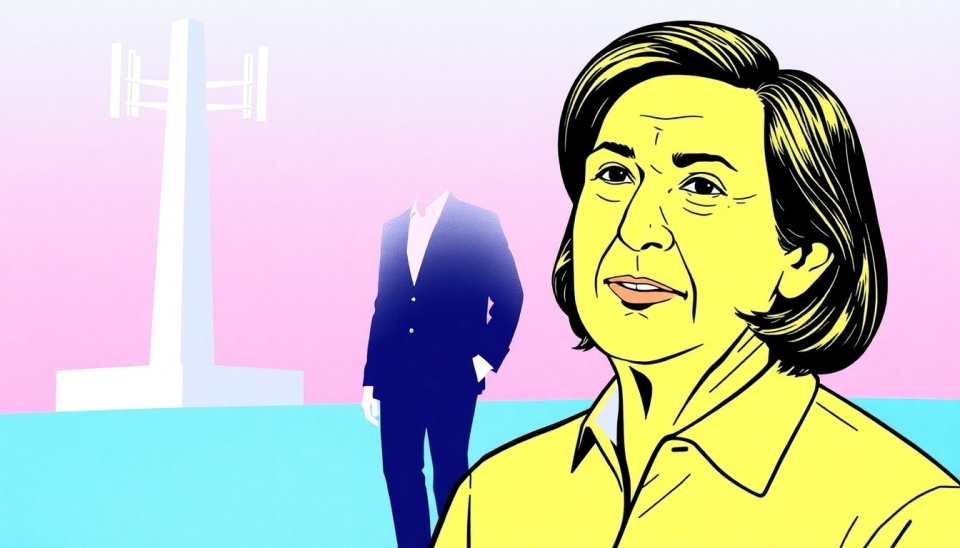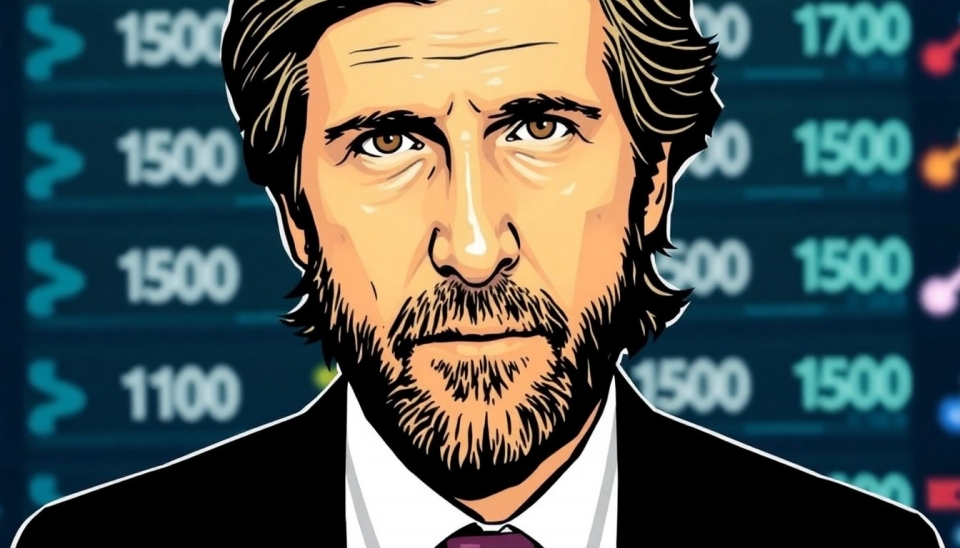
In a startling move that bewildered many, Javier Milei, the newly elected President of Argentina, recently promoted a cryptocurrency token but swiftly deleted the post amidst rising fears that it could be a scam. This incident raises serious questions about the integrity of cryptocurrency initiatives and the potential for government involvement in digital currency projects, especially in a country grappling with severe economic challenges.
Milei, known for his unconventional approach to governance and a strong libertarian philosophy, has always been an advocate for cryptocurrencies. His administration's interest in digital currencies seemed to align with Milei's broader agenda of overhauling Argentina's fiscal policies and tackling rampant inflation. However, the hasty promotion of the token, which lacks established backing or utility, has ignited skepticism among investors and the general public.
The tumult began with a social media post by Milei touting a new crypto initiative to support Argentina's economy. The token, which appears to have no clear structure or backing, was met with immediate scrutiny. Experts in the field quickly raised alarms, pointing out the potential risks associated with such an unsubstantiated cryptocurrency, particularly in contexts where regulatory and protective measures are insufficient.
Almost as quickly as the announcement appeared, Milei's team deleted the post, prompting further speculation about the motivations behind the initiative and whether the president had genuinely considered the implications of launching a new token. The rapid retraction only amplified concerns about transparency and legitimacy in the sphere of cryptocurrencies, especially in a nation where economic instability already breeds distrust.
Despite the quick deletion, the conversation surrounding the proposed crypto token has done little to quell concerns. Financial analysts are warning that Milei's foray into digital currency could lead to significant adverse effects on Argentina's already fragile economy, particularly if citizens lose money to a potential scam. The enticement of a government-backed cryptocurrency without a clear operational framework could drive many into poorly managed investments, exacerbating financial hardship.
In the wake of this incident, calls for regulatory oversight are becoming more pronounced. Advocates for consumer protection emphasize the need for stringent guidelines in the cryptocurrency space to prevent scams and financial frauds, warning governments to tread carefully in their digital currency ventures. With little to no regulation in the sector currently, the urgency for such measures has never been more pressing.
As Argentina seeks solutions to its economic woes, the interplay between government policies and cryptocurrencies will be a space to watch. Ensuring that any future projects are transparent, secure, and beneficial for the populace will be essential in restoring trust in digital currencies, especially if they are to be introduced by government authorities.
Moving forward, Milei's administration will need to clarify its stance on cryptocurrencies, addressing the concerns raised by this incident and establishing a coherent strategy. Without proper communication and structural backing for any crypto initiatives, there is a rampant risk of eroding public trust further and destabilizing the very economy the president aims to improve.
#JavierMilei #CryptoToken #Argentina #EconomicConcerns #Cryptocurrency #FinancialFraud #RegulatoryOversight
Author: Emily Collins



